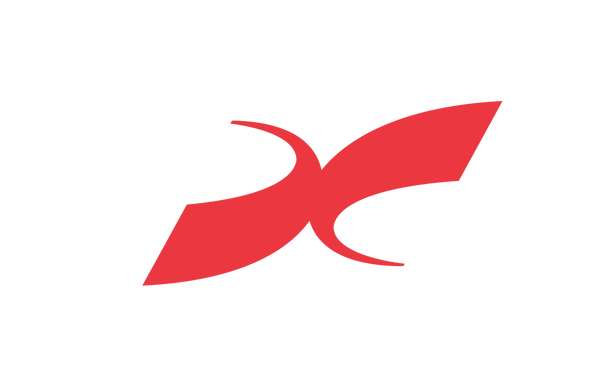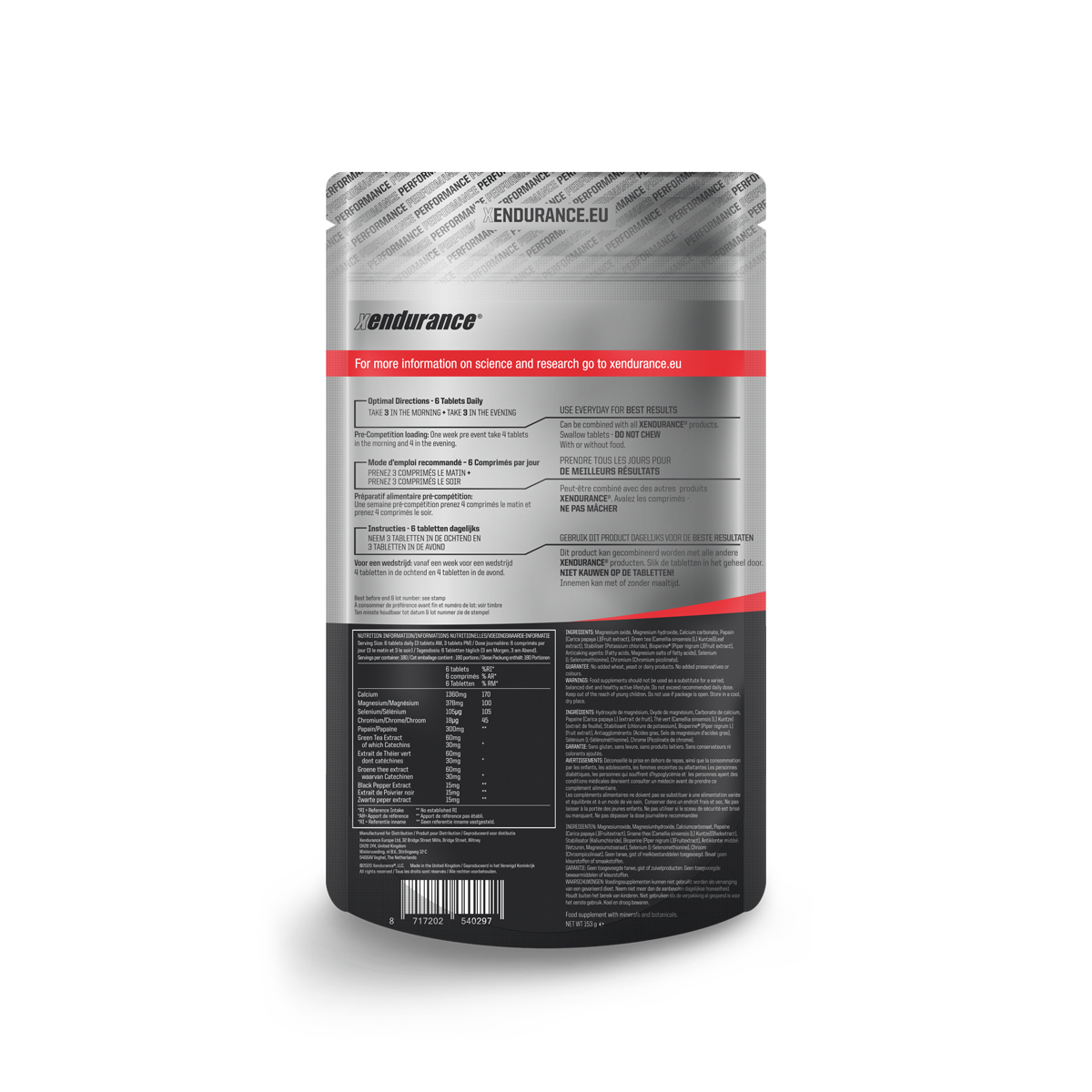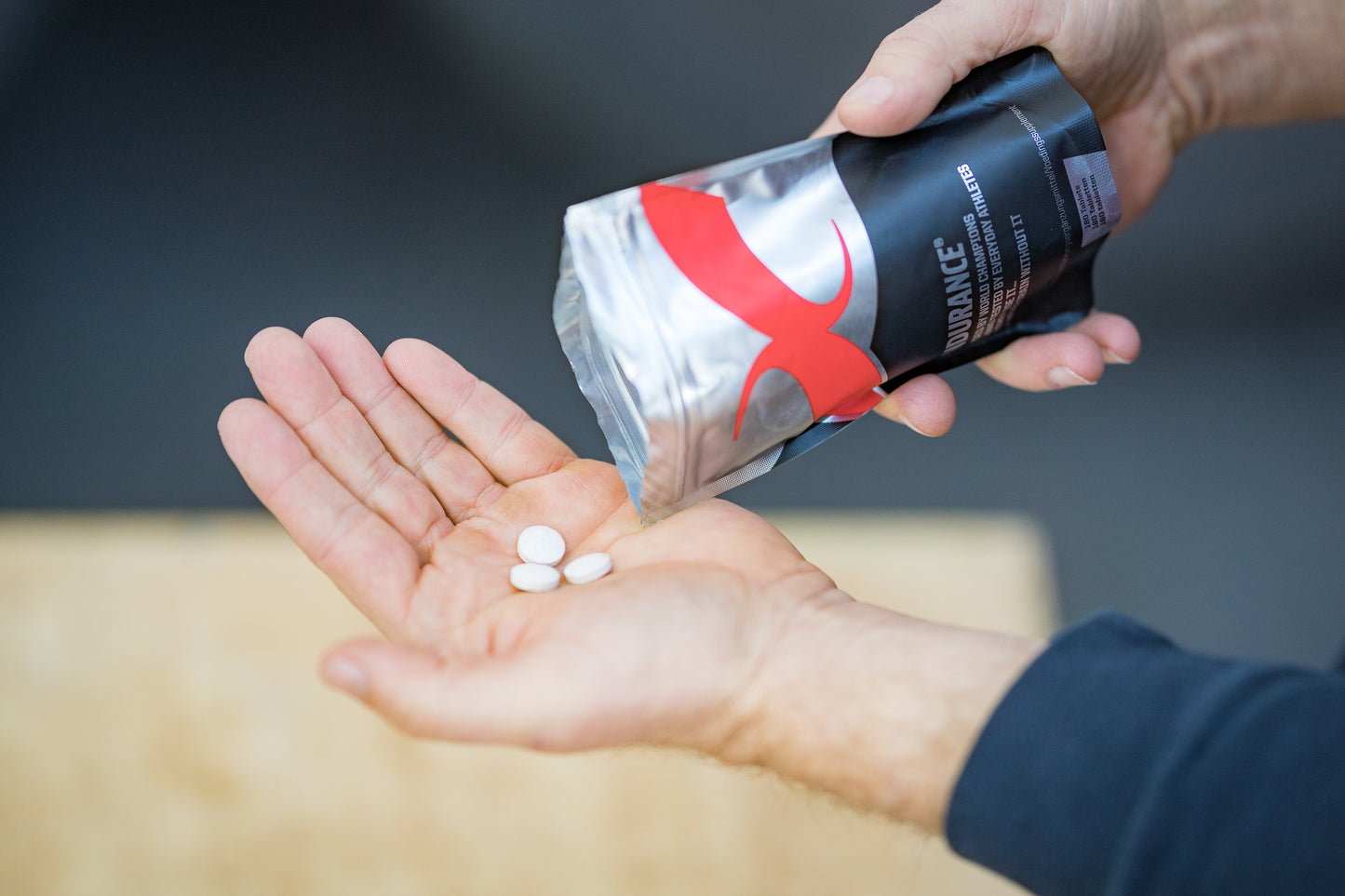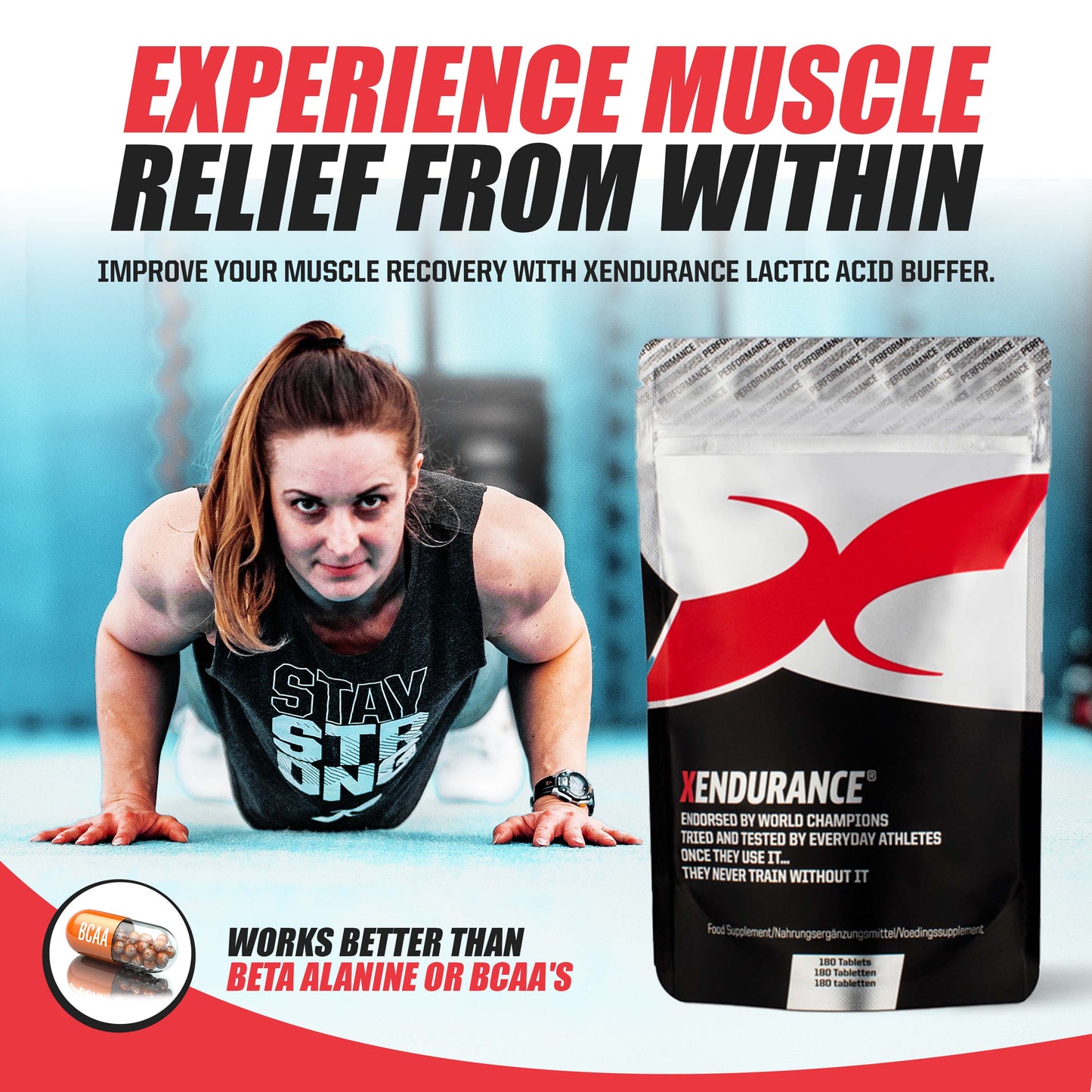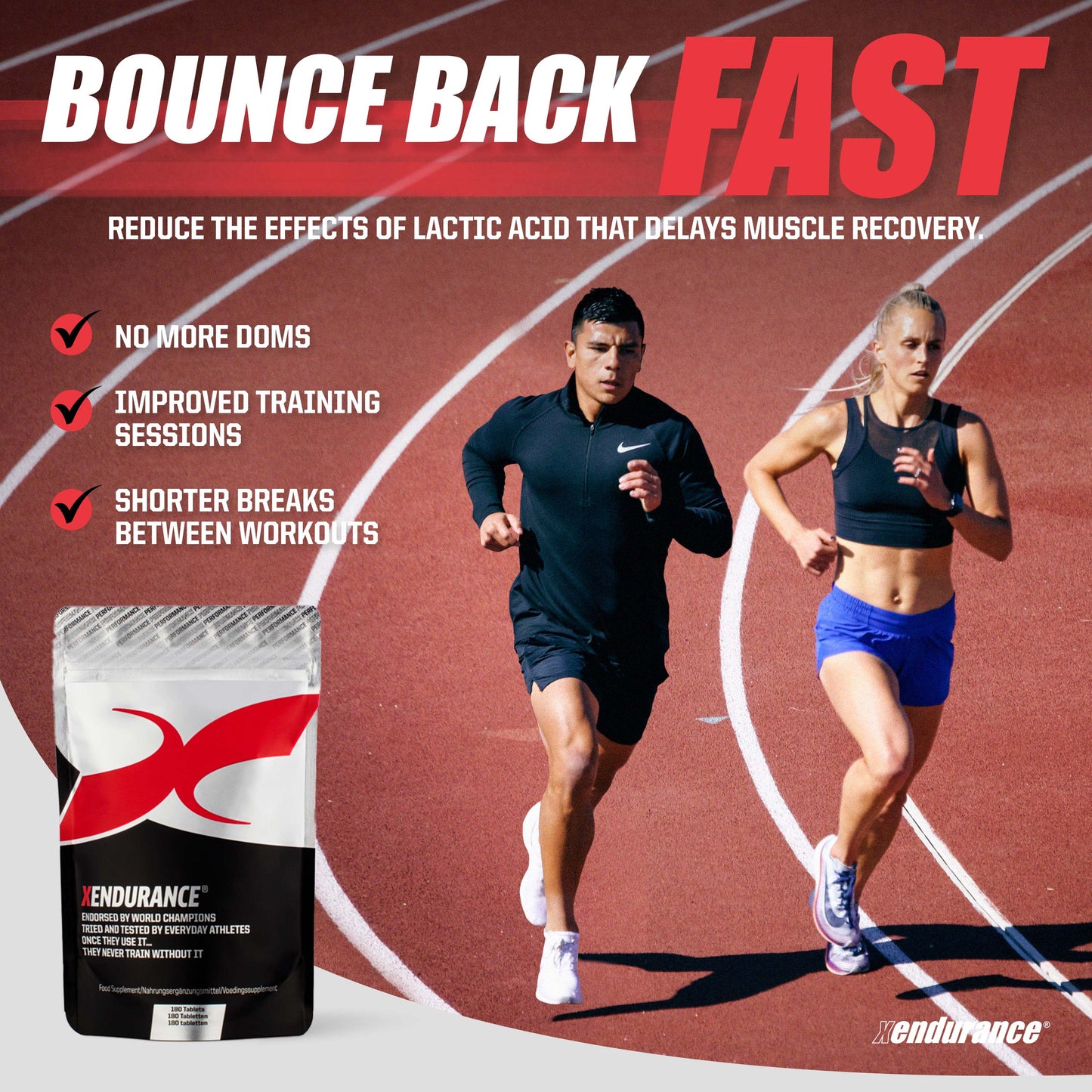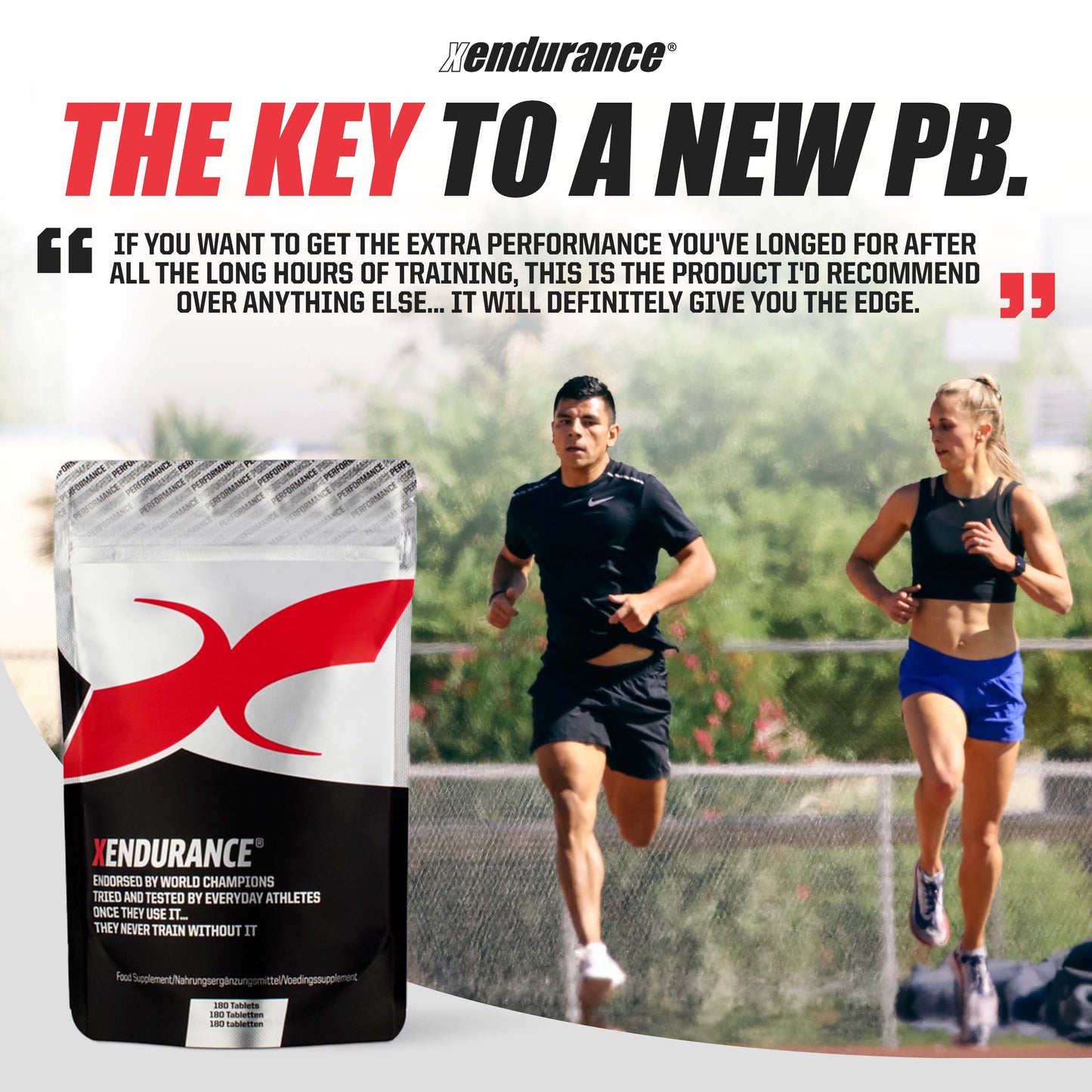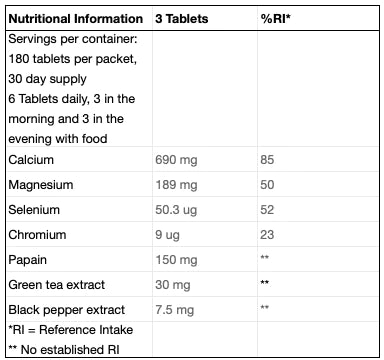By Kelsie Johnson and TEN (Total Endurance Nutrition)
Fuelling for long distance racing
With Ironman season upon us, how you fuel before and during a race can have a serious impact on your performance. During competition carbohydrates are the most important macronutrient to create energy and so we need to ensure we:
1. Maximise our carbohydrate (glycogen) stores and
2. Have a strategy in place to provide our body with carbohydrate during the race. Here are some top tips to consider for fuelling your Ironman.
Day before competition
Carbohydrate loading is a proven strategy to ensure your muscles are fully saturated with carbohydrate (glycogen). There are multiple ways in which this can be achieved however many athletes achieve this through the consumption of high carbohydrate foods 1-2 days before a race. To ensure you have fully stocked your glycogen stores, it is recommended to consume 10-12 grams of carbohydrate per kilogram of body weight the day before the race. Whilst this may seem difficult to attain through food, it can be made easier by supplementing your food intake with carbohydrate drinks which can also contribute towards establishing adequate hydration. Being well hydrated is also critical before race day and it is recommended to consume 2-3L of fluid dependent on the athlete and other environmental factors e.g. heat and humidity.
Example: 70kg athlete x 10 - 12 = 700 - 840g carbohydrates in total
A great carobhydrate option is to use Xendurance Fuel-5; 3 scoops in a 750ml bottle. This will provide additional carbohydate through the day. Ingesting one during each meal on the day before will add 48g per bottle.
Morning of competition
The main aim of your pre-race fuel is to restore any carbohydrates (glycogen) which has been used overnight to support bodily functions. Therefore, to ensure your carbohydrate stores are maximised prior to reaching the start line it is recommended to consume 1-4g of carbohydrate per kilogram of body weight in the 1-4 hours before a race. Many people achieve this through having a high carbohydrate breakfast 2-4 hours before the race (e.g porridge, bagels, bananas, cereals or rice) and then using smaller high carbohydrate snacks closer to the race (e.g. energy bar and/or gels). It is important to avoid foods which are high in fibre and also fat as this slows down the emptying of rate of food from the stomach, delaying digestion and sometimes causing gastrointestinal discomfort (e.g. bloating/nausea/sickness etc).
Alongside the race breakfast, slowly drinking a bottle of Fuel-5 up to around 45 mins before the start will ensure you start well stocked on carbs.
Competition Time
During an Ironman, athletes should aim to consume up to 90g of carbohydrates per hour. To achieve this, you must use different carbohydrate types such as glucose and fructose combinations as your body can only take on limited amounts of each carbohydrate (e.g 60g of glucose and 30g fructose). Whilst this can be challenging, focussing on your fuelling throughout the bike leg will really help to delay the onset of fatigue later on in the run. A combination of food, gels and energy drinks will help you reach this 90g per hour threshold. However, it is extremely important that you use your training to see how much you as an individual can tolerate. Use key sessions within your training such as long brick sessions to practice what fuel to take on and ‘train the gut’ to tolerate these large quantities of carbohydrate.
It is also important not to overlook hydration. Becoming dehydrated by as little as 2% can result is measurable changes in performance. Sweat rates and sodium losses are very individual and will vary depending on environmental conditions. Ensure you drink (water or electrolyte or carbohydrate and electrolyte) regularly during the race to minimise the impact of dehydration. Xendurance Hydro can help to replenish electrolytes.
